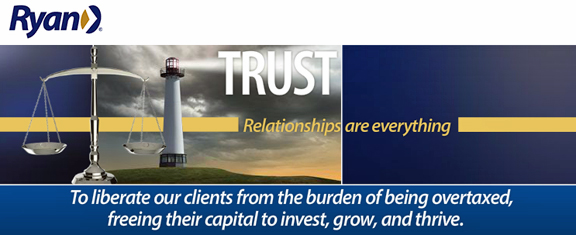[SatNews] In DirecTV, LLC and Dish Network, L.L.C. v. Massachusetts Department of Revenue, Supreme Judicial Court of Massachusetts, No. SJC-11658 (February 18, 2015), the Supreme Judicial Court of Massachusetts (“Court”) struck down the satellite service providers’ claim that the 5 percent excise tax imposed on video programming delivered by direct broadcast satellite violated the commerce clause.
These satellite service providers believe this excise tax discriminates against interstate commerce by the way it only applies to video programming provided through satellite and not cable.
The decision to strike down the claim comes from the fact that cable and satellite companies do not have similar operation methods in addition to not having the same in-state and out-of-state interests. Therefore, satellite providers cannot be discriminated against. For example, cable providers assemble their programming in local facilities before sending programming signals via cable to their customers. Satellite providers collect and process their programming at uplink centers located outside of Massachusetts before transmitting the signals to the satellite, which are then beamed down to the customer’s receiver dish.
Changes made in 2010 imposed a 5 percent excise tax on gross revenue for satellite service provided within Massachusetts, while also imposing a personal property tax on poles, conduits, wires, and pipes used by telecommunications companies used to distribute programming signals. Because cable companies operate tangible personal property within the state, they are liable for this tax while satellite providers are not. The differences in the method of operation create different tax obligations for the cable and satellite providers. Due to the differences in operation, the state taxes each provider type differently in order for providers to pay their portion of tax.
 In the wake of this finding, telecom tax expert, Jim Kranjc, a principal at the global tax firm Ryan, said, "Satellite companies need to review transaction tax and excise tax statutes and regulations in all states for other potential challenges given that this is directly related to competitive pricing. These companies should also review all statutes and other authority for potential exemptions that cable companies may be taking advantage of currently in order to maintain a level playing field."
In the wake of this finding, telecom tax expert, Jim Kranjc, a principal at the global tax firm Ryan, said, "Satellite companies need to review transaction tax and excise tax statutes and regulations in all states for other potential challenges given that this is directly related to competitive pricing. These companies should also review all statutes and other authority for potential exemptions that cable companies may be taking advantage of currently in order to maintain a level playing field."

